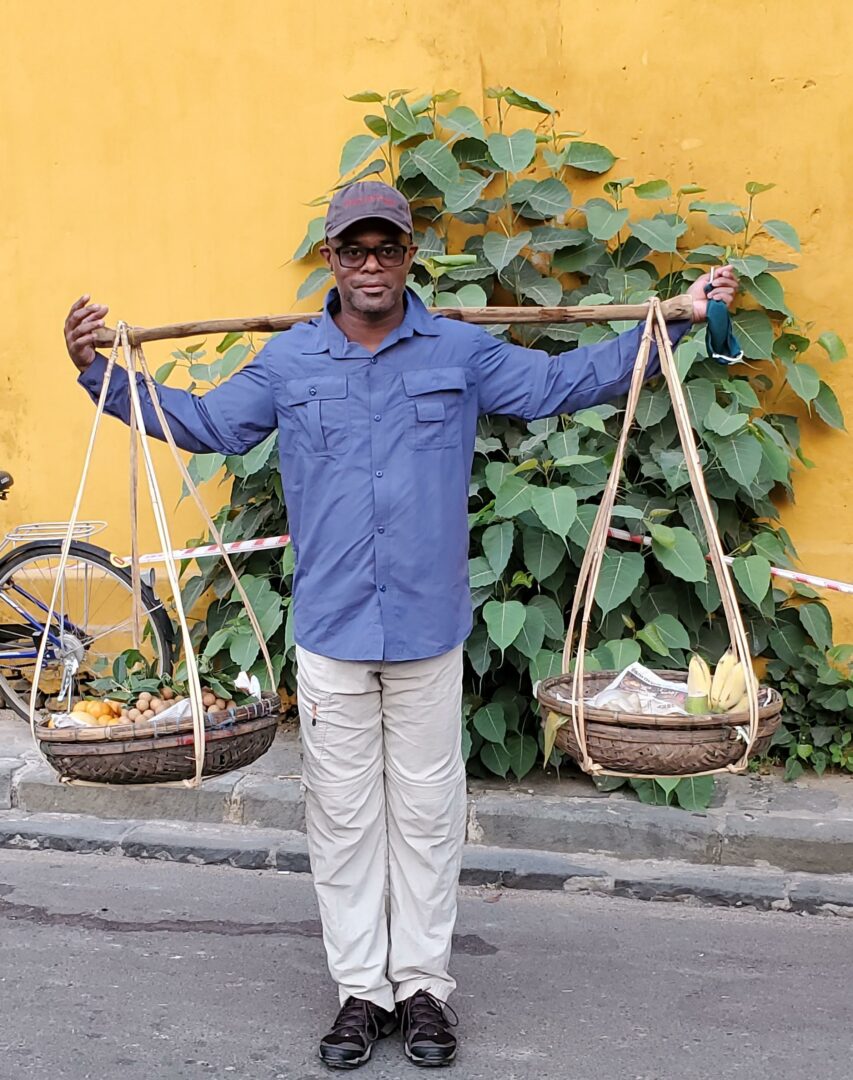Delton Henderson shared his story and experiences with us recently and you can find our conversation below.
Delton, a huge thanks to you for investing the time to share your wisdom with those who are seeking it. We think it’s so important for us to share stories with our neighbors, friends and community because knowledge multiples when we share with each other. Let’s jump in: What are you being called to do now, that you may have been afraid of before?
I’m being called to help people ask deeper, more honest questions. Not just surface-level ones, but the kind that stir something real—questions that touch on fear, desire, purpose, or change. Before, I might have been “afraid” of stepping too far into those vulnerable spaces, uncertain how they’d be received. But now, the call is clearer: to meet people where they truly are, and not just where it’s comfortable.
Can you briefly introduce yourself and share what makes you or your brand unique?
I’m a hyphonated professional, a veteran at trying new things and looking for opportunities to remain curious, trained to support creativity, communication, and problem-solving across many subjects and industries. Think of me as a versatile human collaborator—whether you’re negotiating a contract], exploring new business ideas, managing interpersonal conflicts, or just curious about life, I’m here to help you think more clearly, create more boldly, and move forward with confidence.
Right now, I’m helping individuals and teams unlock deeper insights, accelerate their projects, and have more meaningful conversations—with themselves and each other.
Great, so let’s dive into your journey a bit more. What’s a moment that really shaped how you see the world?
Actually, there a series of moments that really help to shape how I see the world. Stepping off that plane in Athens, Greece, textbooks in hand and a head full of uncertainty, I had no idea I was beginning a journey that would reshape who I am.
Studying Attic tragedy in the shadow of the Acropolis taught me that the most powerful stories are universal, transcending time and geography. But it was in the bustling cafés of Paris, wrestling with European Community Law, that I began to understand how those truths could drive real-world change. Each new city became a classroom; each challenge, an opportunity to discover strengths I never knew I had.
From analyzing corporate governance in Oxford’s historic halls to exploring political dynamics in Harare, from studying economic theory in Budapest to witnessing urban transformation in Johannesburg—every experience deepened my understanding of how the world works. More importantly, I began to see how I might help make it better.
Beyond formal education, I saw traditional councils address local challenges with patience and consensus in Zimbabwe, a stark contrast to the fast-paced boardroom negotiations I’d witnessed in Paris, revealing how institutional structure can create opportunity and introduce barriers.
In Vietnam’s bustling street markets, I encountered entrepreneurship born of necessity, where innovation thrived on trust and relationships. This stood in contrast to Tokyo’s hyper-organized efficiency, where even creativity followed protocol. Yet both environments taught me something lasting: Vietnam showed me how to adapt quickly; Tokyo revealed the power of discipline and attention to detail.
Johannesburg offered another perspective—places where post-apartheid transformation was unfolding in real time. I witnessed how policies affected communities on the ground and how theory often diverged from lived experience. Meanwhile, the underground theaters of Tokyo, the music scenes from Harare to Hanoi, and the fashion communities from Paris runways to Ho Ani’s design districts weren’t just hobbies—they became laboratories for understanding how culture shapes commerce, how art influences politics, and how creativity defies borders.
What surprised me most was how these experiences began to connect. The philosophical frameworks from Athens influenced my thinking on corporate governance. Legal principles from Paris informed how I approached urban development. Political insights from Zimbabwe enriched my economic analysis in Hungary. I wasn’t just collecting experiences—I was developing a new way of seeing and solving problems.
Do you remember a time someone truly listened to you?
I remember one afternoon when I was about 15, sitting at the kitchen table with my grandmother. She was a woman I admired deeply—graceful, grounded, and wise in a way that felt almost untouchable. We were talking about something small at first—probably a piece of technology she didn’t understand—but the conversation shifted. I started explaining not just how the tech worked, but why it mattered to people my age. I shared how it shaped how we communicated, how we thought, and how we expressed ourselves.
She leaned in—not just politely, but curiously. And then she said something I’ll never forget: “You’re teaching me something I didn’t know I needed to understand.”
It floored me.
This woman who had seen so much, who had guided me through heartbreaks and big decisions, was now learning from me. Not because she had to, but because she chose to be open.
That moment became one of my first 360-degree experiences. It taught me that leadership isn’t about always knowing more—it’s about staying teachable. It’s about mutual respect across generations, roles, and perspectives.
In the workplace today, I carry that with me. I try to create space for others to bring their wisdom forward, no matter their title or experience. Because sometimes the most transformative growth happens when we’re willing to listen—and be surprised by—someone we didn’t expect to learn from.
Sure, so let’s go deeper into your values and how you think. What’s a belief or project you’re committed to, no matter how long it takes?
One belief I’m committed to, no matter how long it takes, is the pursuit of personal growth with integrity. Not just the kind that looks good on paper—degrees, promotions, achievements—but the kind that challenges who I am at my core. Growth that asks me to be more honest, more courageous, more self-aware.
This means doing the work even when it’s uncomfortable. Owning my blind spots. Listening when it would be easier to defend. Practicing empathy, setting boundaries, and learning how to evolve without losing myself.
Thank you so much for all of your openness so far. Maybe we can close with a future oriented question. If you laid down your name, role, and possessions—what would remain?
If I laid down my name, title, and possessions—what would remain is the core of what drives my business acumen: clarity of vision, resilience in uncertainty, and a deep understanding of people.
Entrepreneurship, for me, isn’t just about building products or profits—it’s about creating value that lasts beyond the surface. It’s about knowing who I am without the external markers of success and leading from that place. I bring empathy to strategy, intuition to innovation, and integrity to execution.
What remains is a mindset that sees opportunity where others see risk, listens before speaking, and builds with purpose. Some of my clients have told me that my legacy is in being present.
Contact Info:
- Website: https://www.lawofficedrh.com
- Linkedin: https://www.linkedin.com/in/deltonhenderson/
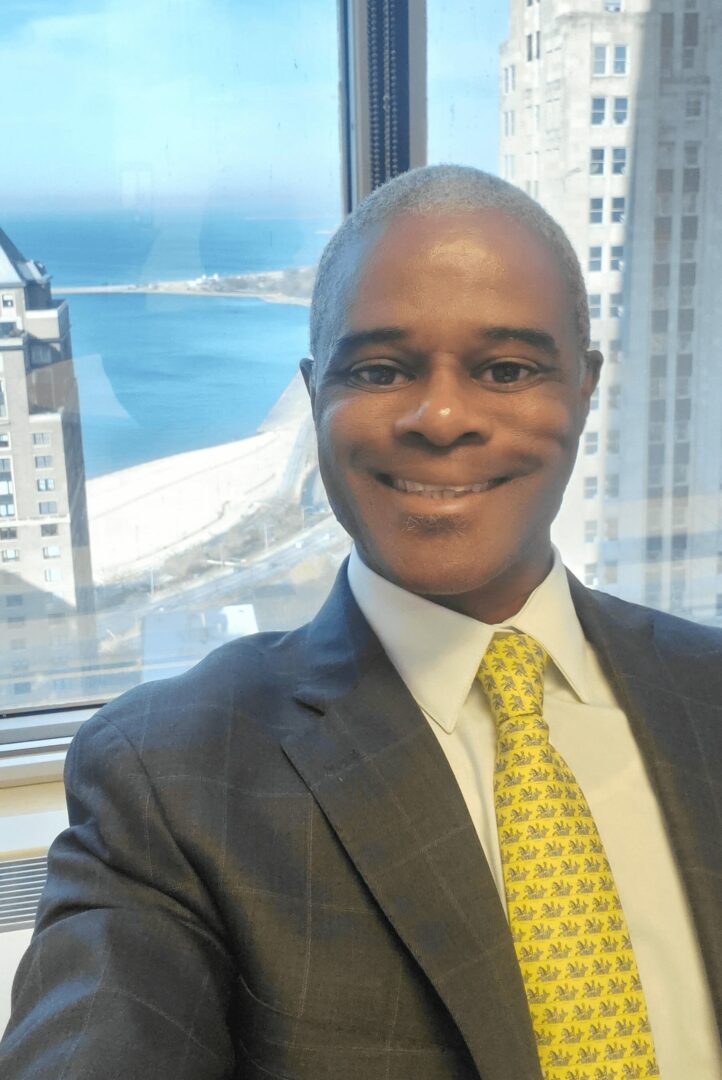

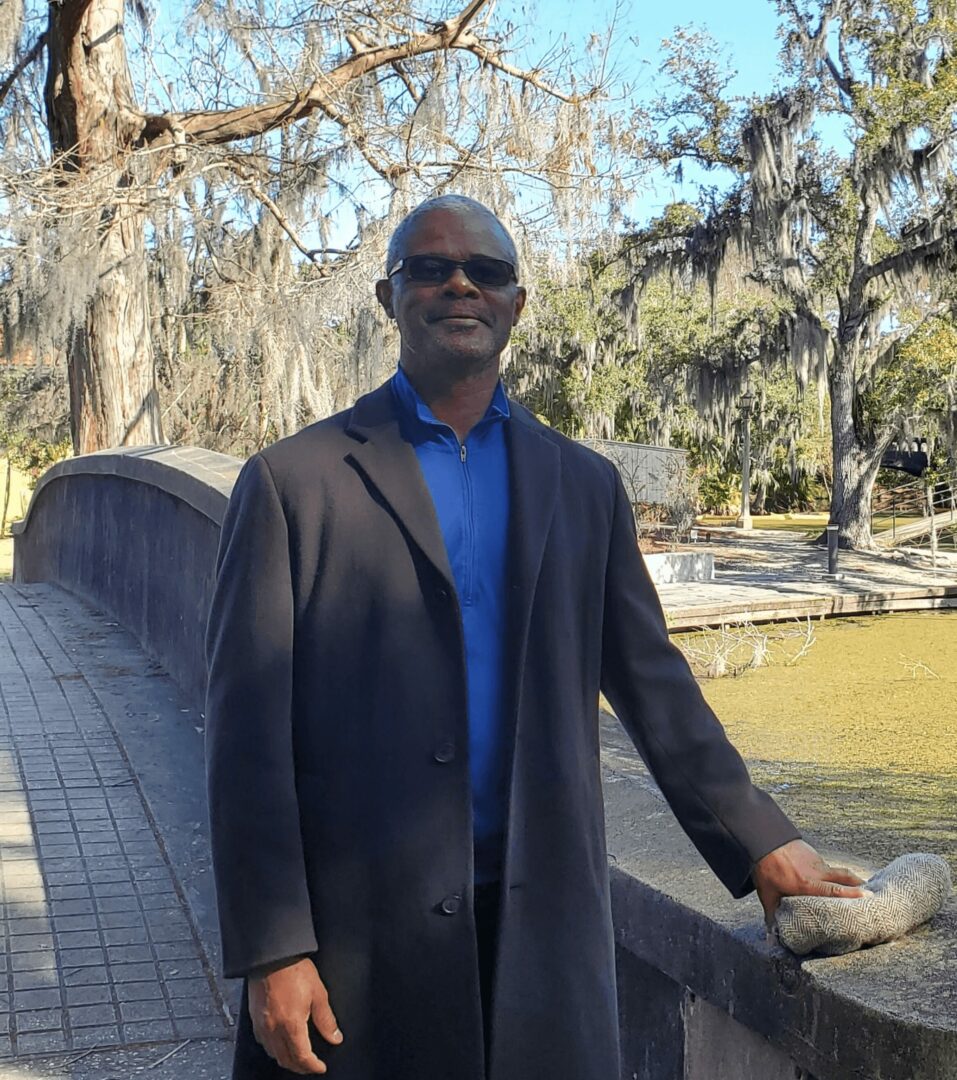
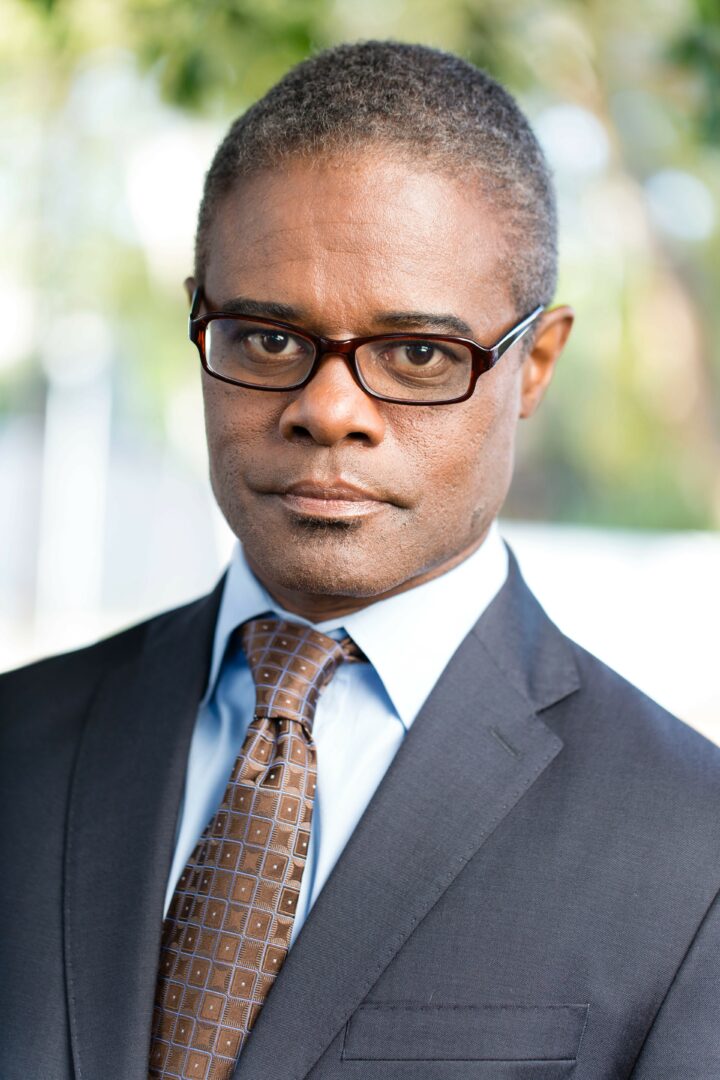
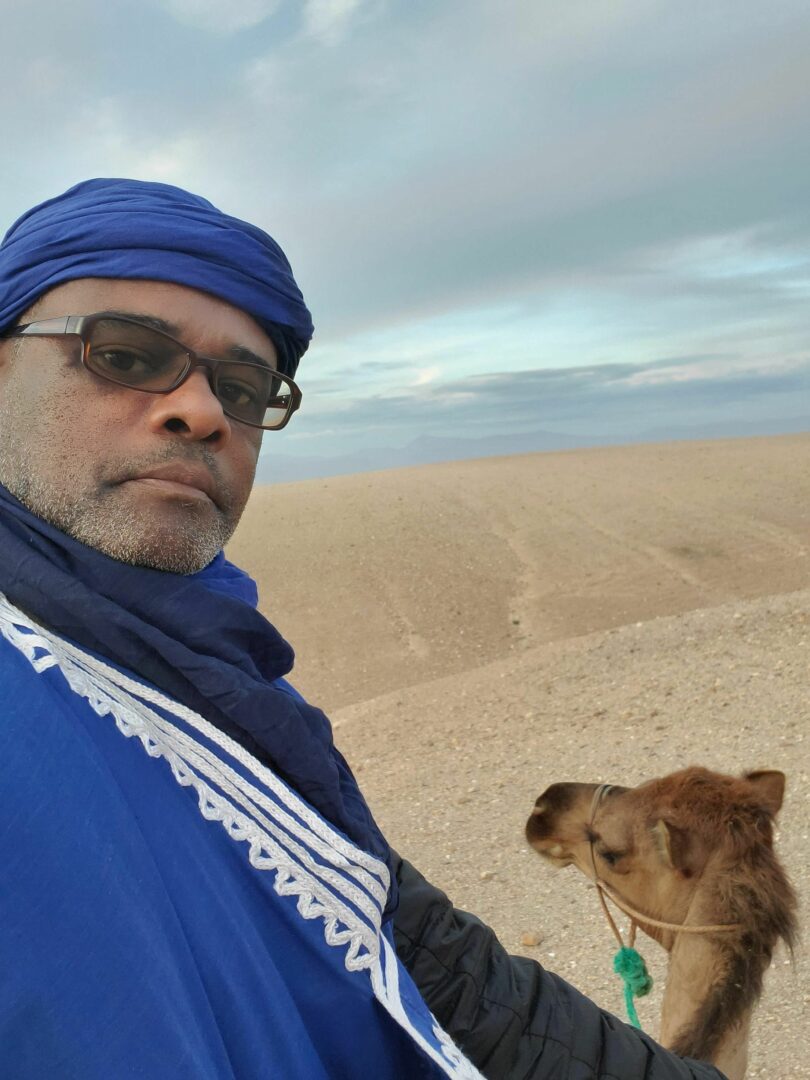
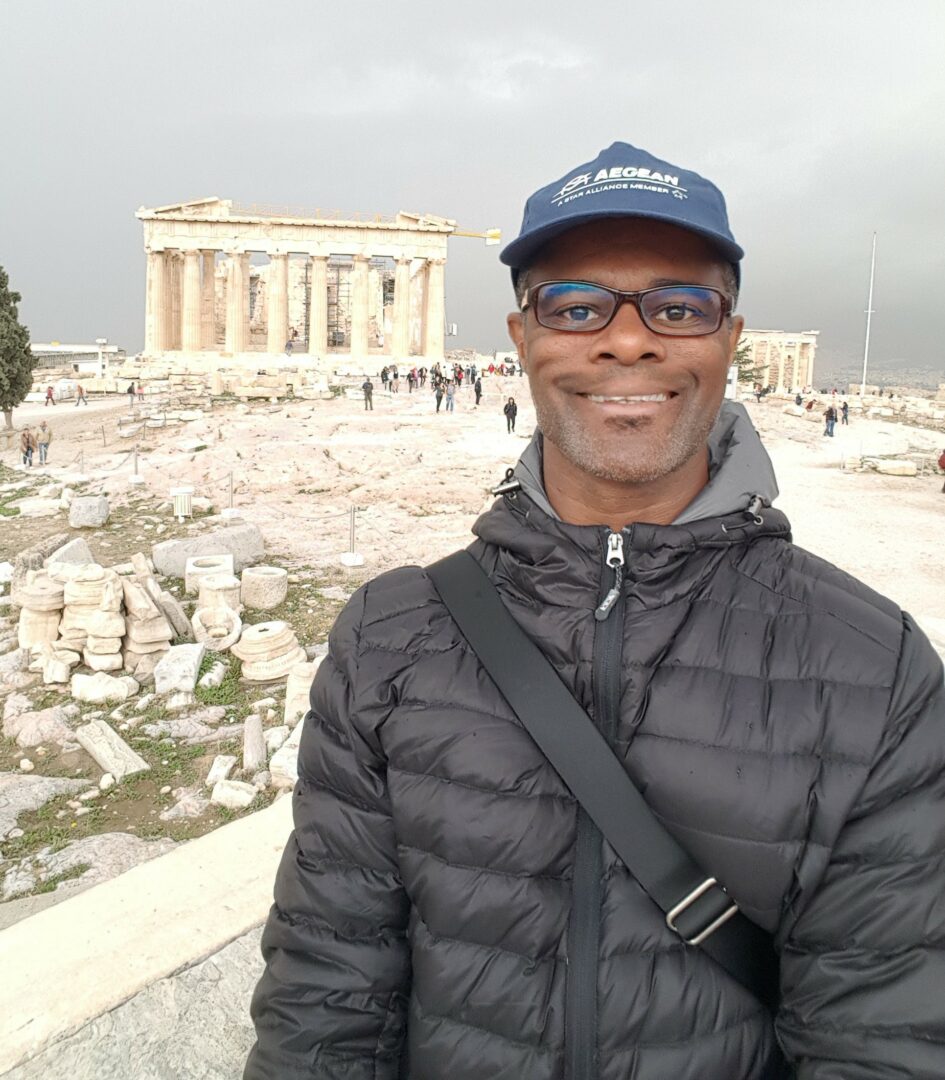
so if you or someone you know deserves recognition please let us know here.

